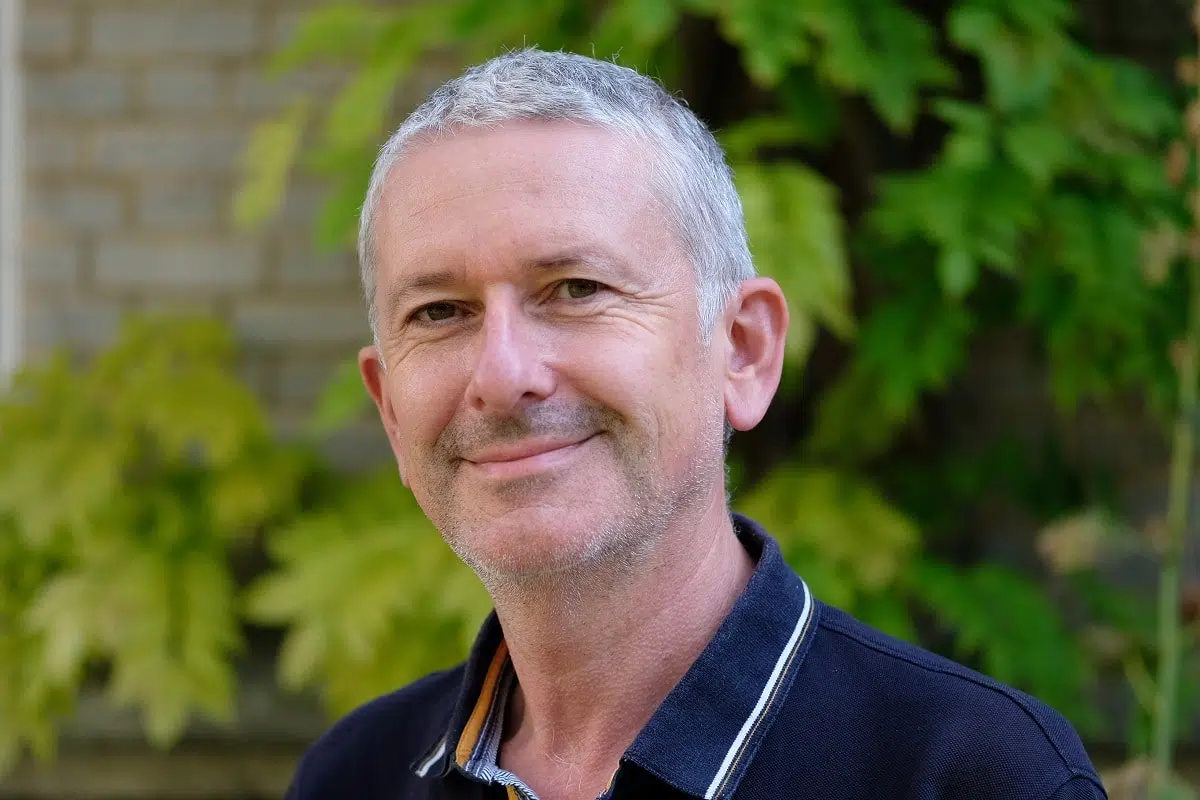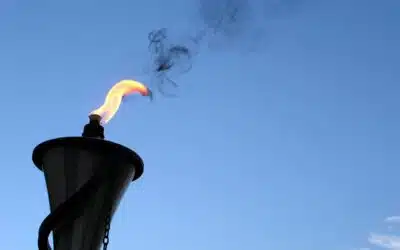Vacations in the nature of the mind

Written By Damien Brohon
Blog | Daily Life Testimonials | Dzogchen philosophy | Dzogchen retreats | The Dzogchen Journey
Vacations in the nature of the mind
The sea breeze, charged with humidity and infinity, caresses the face. The thousands of particles of sand that scorch the feet before they are cooled and lightly sucked up by a puddle of seawater. Above the head, the “serene irony” of the “eternal azure”[1]. An over-sweet fizzy drink whose lemon taste so intensely – so wonderfully – chemical, radiates to the back of the throat. A caramelized smell that evokes childhood memories. The cries of the games dispersed by space. These tinted glasses that soothe the sun’s fire while gently derealizing the spectacle of this beach and its humans in swimsuits. These offer a beautiful chromatic variety to the eye: their skins testify to the more or less advanced stages of cooking depending on the time spent on vacation. Just as my mind – floating from one sensation to another – at this moment is vacant. These two terms come to us from the Latin vacare and evoke the void left by the temporary cessation of professional activity. Depressing emptiness for workaholics, but often appreciated by others. Perhaps because it allows us to be available in a light, free and hedonistic way to our sensations without having to make something useful out of them right away.Vacations in the nature of the mind
“letting the sensations unfold naturally without doing anything special with them. Neither fixation nor rejection. Let them be what they are. To see their ephemeral and elusive character.”
The first rays of dawn wake me up with their soft and powerful golds. For a moment I don’t know if this is a dream or reality. I sit in my bed to begin meditation, at the same time as the freshness and the woody scent of the cabin impose themselves on me, telling me that I am not in my usual place of life but taking advantage of my holidays to do a retreat. I feel the morning energy of the body – different from the evening feeling – even though I’m still a little numb. After some time, I get up, open the window and discover – from the top of the hill where my temporary hermitage stands – a forest of a thousand shades of gold. From it emanates the marvelous song of a choir as incredibly multiple and diverse as it is invisible. Indeed, the winged inhabitants of this place have just awakened too, and it is as if the empty and luminous space of the sky were celebrated by its familiars. In a secluded retreat, with no work to do, no one to talk to, no cell phone… sensations take up a lot of space because nothing comes to distract us from them. And that’s part of the practice: letting the sensations unfold naturally without doing anything special with them. Neither fixation nor rejection. Let them be what they are. To see their ephemeral and elusive character.
rtsal
the radiant dynamics of the infinitely open and luminous nature of the mind; its deployment free from all fixation manifesting itself as
rol ba
the internal dynamic of the mind and the luminous capacity of primordial knowledge, and as
rgyan
the ornament, the sensation, as the very manifestation of the absolute.
The absolute does not abide in some inaccessible space, but is held at the heart of each of our sensations, whether modest or spectacular, pleasant or unpleasant, whether we are in retreat or at work. The practice helps us to establish and stabilize this recognition at all times, places and circumstances and thus offers us a vacation in the deepest sense of the word. Vacations in the nature of the mind.
[1] Stéphane Mallarmé. BACK
More Posts
High Diving
In “High Diving” by Mila Khyentse, everything is about diving and hovering… in the Olympic Games of Great Perfection.
Nenikekamen!
With “Nenikekamen!” Grégoire compares the marathon, the flagship event of the Olympic Games, to the Dzogchen path.
Opening Ceremony
Nils compares the Olympic Games Opening Ceremony to the introduction in Dzogchen, kicking off the Great Perfection Summer Games series!




